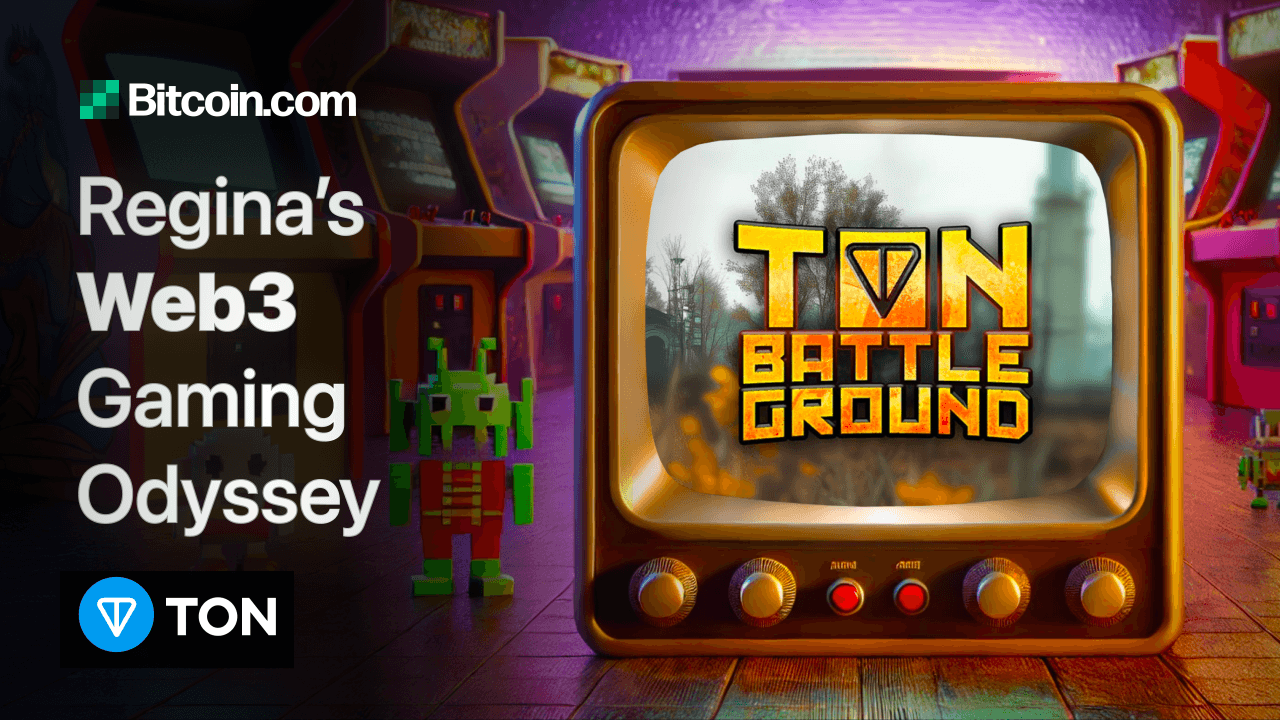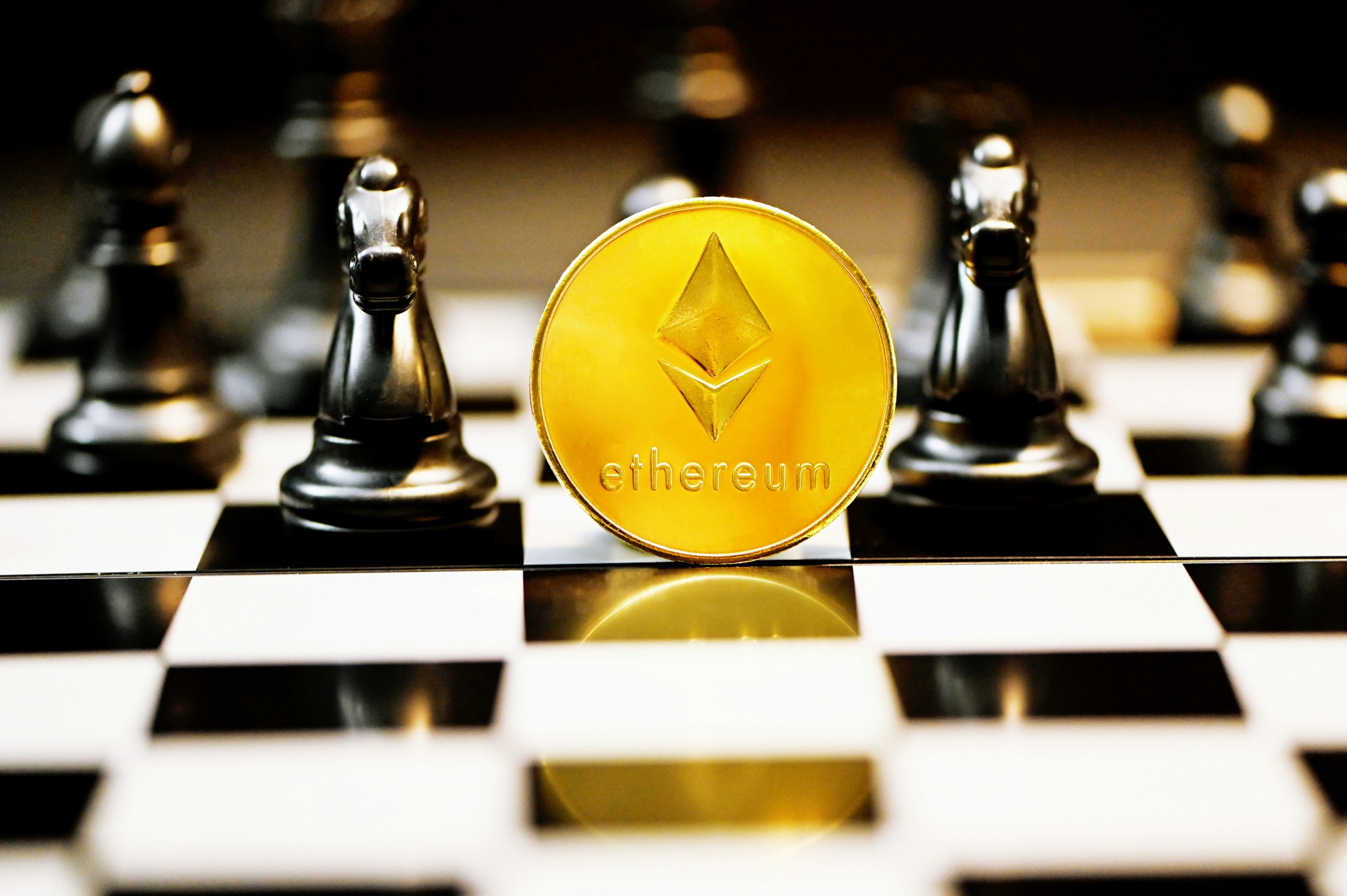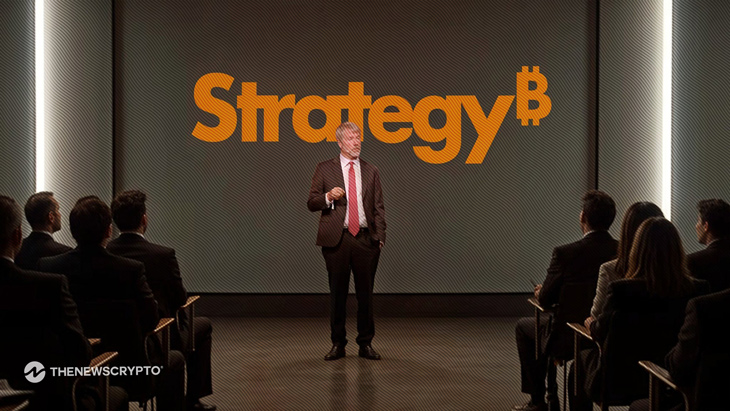Tether Challenges UN Claims of USDT use in Illegal Activities, Advocates for Blockchain Education
Introduction
Stablecoin issuer Tether recently came under fire after a United Nations report suggested that its USDT tokens were being used for illicit activities. In response, Tether released a blog post on January 16 refuting these claims. The company argued that the level of regulatory oversight its stablecoins undergo exceeds that of traditional banking systems, and that its assets are closely monitored by global regulatory agencies.
Tether’s Defense
Tether firmly denied the allegations made in the UN report, stating that its compliance program is robust and that it actively collaborates with law enforcement to prevent any misuse of its USDT tokens. The company emphasized that blockchain technology allows for greater transparency and traceability of transactions, making it easier to identify and address any unlawful activities.
Advocating for Education
Furthermore, Tether used this opportunity to advocate for greater education on blockchain technology and digital assets. The company believes that a better understanding of how these technologies work can help dispel misconceptions and promote responsible usage. Tether expressed its commitment to raising awareness about the potential benefits of blockchain and stablecoins.
Impact on Individuals
As a user of Tether’s USDT tokens, you may be reassured by the company’s proactive response to the UN report. Tether’s emphasis on compliance and transparency could increase trust in the stability and legitimacy of its stablecoin, potentially leading to greater adoption and usage in the future. Additionally, Tether’s advocacy for blockchain education could help individuals better understand and utilize digital assets in a responsible manner.
Global Implications
The controversy surrounding Tether and the UN report has broader implications for the global cryptocurrency market. Increased scrutiny and regulation of stablecoins could impact how these digital assets are perceived and used worldwide. Tether’s defense against the claims of illegal activities could set a precedent for other stablecoin issuers to address similar challenges in a transparent and proactive manner, ultimately shaping the future of the blockchain industry.
Conclusion
In conclusion, Tether’s response to the UN report not only refutes the claims of illegal activities but also highlights the company’s commitment to compliance and education in the blockchain space. As individuals and governments continue to navigate the evolving landscape of digital assets, initiatives like Tether’s advocacy for blockchain education play a crucial role in promoting innovation and responsible usage. By fostering a deeper understanding of blockchain technology and stablecoins, we can work towards a more secure and transparent financial ecosystem.





